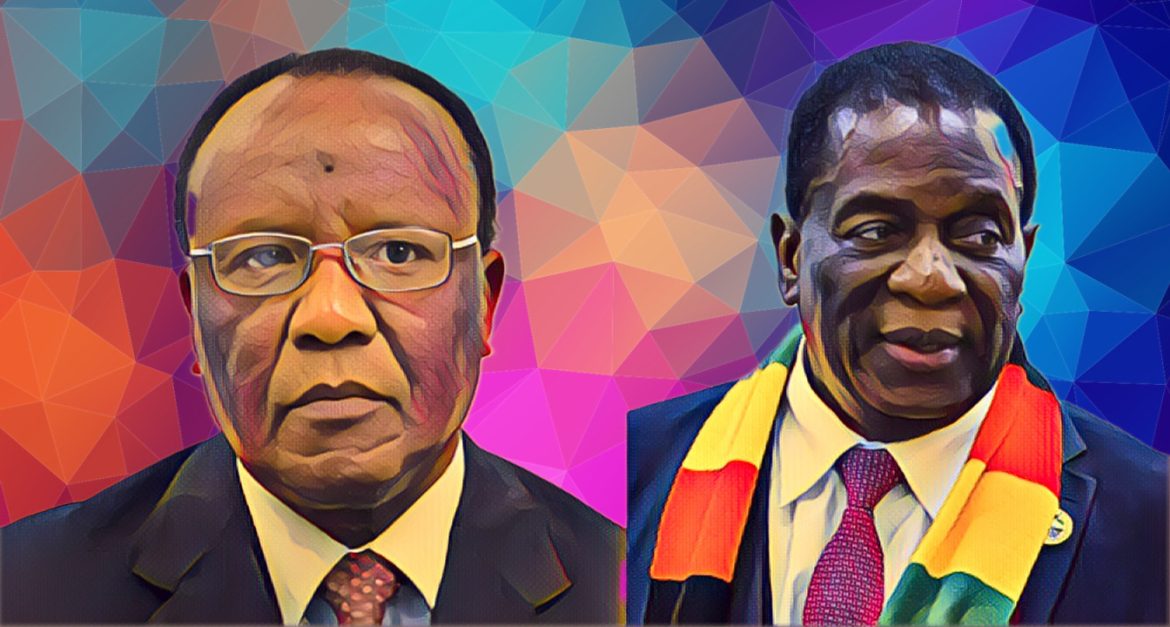KEY POINTS
- A former CIO director claims President Emmerson Mnangagwa planned the 2017 coup to avoid prosecution for the Gukurahundi massacres.
- The accusations have reignited debate over Mnangagwa’s role in the massacres during the 1980s.
- Calls for accountability and justice continue as the country grapples with its past.
SHOCKING: Ex-CIO boss claims that Mnangagwa wanted military coup to start in 2017 to escape being prosecuted for genocide. These claims have again brought debate over the president’s role in the killings of the 1980s that saw thousands of people killed in Zimbabwe’s Matabeleland and Midlands provinces.
The accusations related to the coup that took place in 2017
The ex-CIO director, who has not been named to the public, said that Mnangagwa’s main reason for leading the 2017 coup against the then-President Robert Mugabe was to avoid prosecution for the Gukurahundi massacres. The Gukurahundi massacres took place in 1983-87; the Zimbabwean military’s Fifth Brigade put down dissent in Matabeleland; tens of thousands of civilians must have died.
The allegations by the former intelligence official have reignited discussion about Mnangagwa’s presidency and his conduct before the coup that removed Mugabe, who was in power for nearly four decades.
New Zimbabwe quoted the ex-CIO director as saying that Mnangagwa moved in a bid to protect his own position as Mugabe’s vice president, fearing that the leadership was becoming more and more erratic.
Zimbabweans have not forgotten the gukurahundi massacres
There is disagreement as to the part played by Mnangagya during the Gukurahundi period. Mnangagwa has been accused of overseeing the operations that led to the massacre and other human rights abuses in Mugabe’s government in the 1980s.
Nevertheless, Mnangagwa has refuted any complicity in the genocide and his administration has only done meager action to rectify the horrible genocide.
The Gukurahundi massacres continues to be one of Zimbabwe’s worst atrocities for which victims’ families and human rights activists are seeking justice for.
Some endeavors have been exercised in the aftermath of the massacres, we have witnessed public acknowledgment and commitment to compensate the victims, as I have mentioned, many Zimbabwean citizens he for the notion that the brutalities have not been addressed.
Claims of responsibility and justice
The accusations made by the ex-CIO director have revived the demand for the head, with the opposition leaders and human rights organizations demanding the government to conduct a thorough probe into the role played by Mnangagwa in Gukurahundi massacres.
The allegations are coming at a time when Zimbabwe is still struggling to deal with issues to do with political oppression, corruption and human rights abuses under Mnangagwa’s regime.
Although the Zimbabwean government has not yet reacted to the latest allegations, the problem of Gukurahundi is still an urgent and open question for many people in the country.
Demands for a complete investigative and judicial process of the mass killers have intensified more and more as Zimbabweans yearn for justice to be served on the brutal genocide that happened nearly four decades back.


